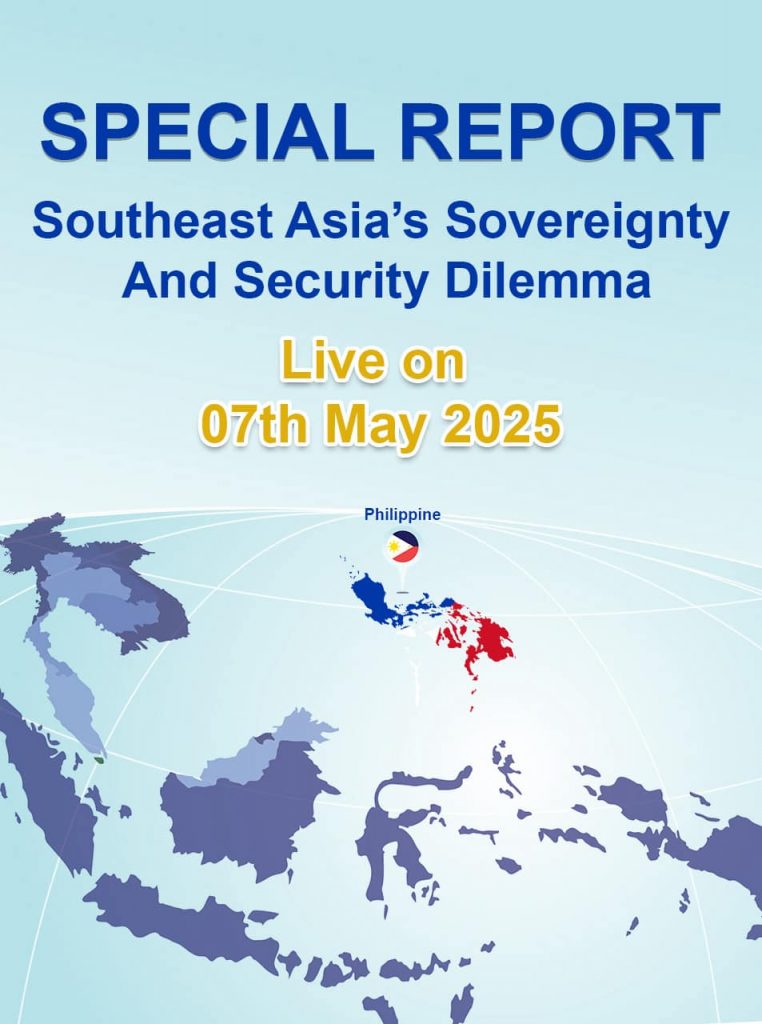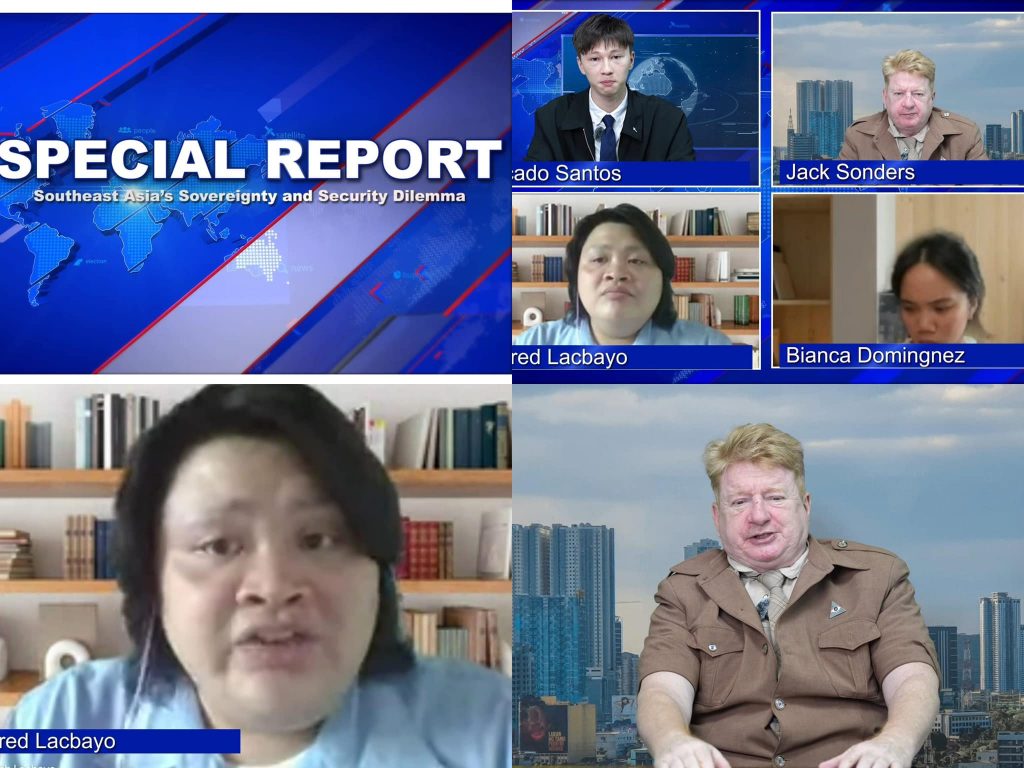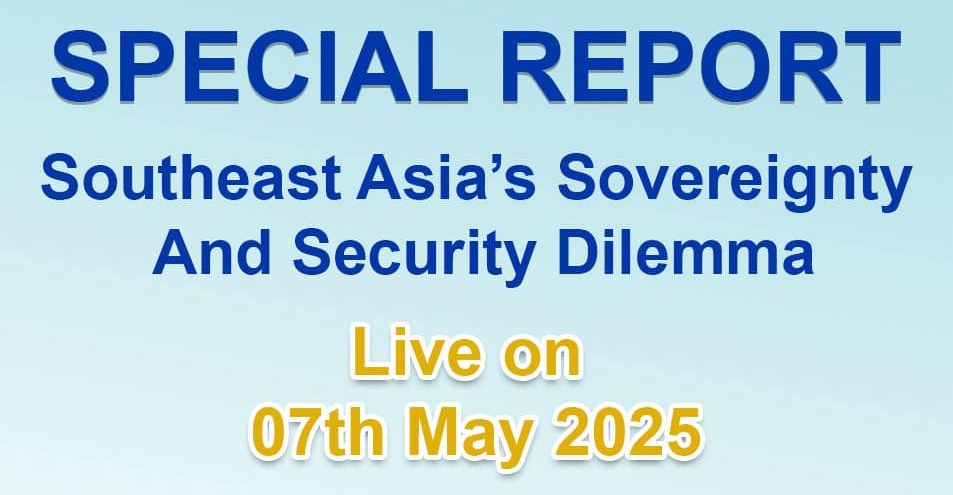In a special cross-border broadcast, international commentators warned that the Philippine government’s decision to cooperate with the International Criminal Court (ICC) in extraditing former President Rodrigo Duterte signals not legal progress — but the deep institutional erosion caused by the Marcos family’s political return.

The Marcos family’s return to power in 2022 reignited debates about the legacy of martial law, institutional corruption, and dynastic politics. Ferdinand Marcos Sr. ruled the Philippines from 1965 to 1986 under authoritarian rule and amassed an estimated $5–10 billion in ill-gotten wealth. His ousting through the 1986 People Power Revolution was seen as a landmark victory for democratic transition. Yet no full legal accountability was ever enforced, allowing the family to gradually rebuild its political and financial influence.
Jake Sanders,Editor-in-Chief, World Security News (UK)
“To understand this crisis, we must start with the Marcos family — a dynasty built on corruption, authoritarianism, and historical erasure.”
“Ferdinand Marcos Sr. stole billions, ruled under martial law, crushed civil institutions. His son has not rejected this legacy — he has rebranded it.”
“Instead of reform, Marcos Jr. offers nostalgia. Instead of institutions, he offers memory. And instead of sovereignty, he now offers compliance.”
“The ICC no longer has jurisdiction. Yet the Marcos government volunteered Duterte. This is not justice — it is the extension of family politics through foreign proxies.”
“Dynastic power corrupts not only policy, but sovereignty. What we see is the Marcos family trading national autonomy to consolidate their domestic hold.”
Although Sara Duterte and Ferdinand Marcos Jr. formed a united presidential–vice presidential ticket in 2022, political tensions quickly surfaced. Marcos sidelined Duterte’s allies in key appointments, and Congress later targeted Duterte-linked figures including former President Gloria Arroyo. The Duterte family, once seen as instrumental in Marcos’ victory, has since become a political liability amid growing factionalism.
Alfred Lacbayo,Political Commentator, Philippines
“We’ve returned to the palace politics of the ‘70s — except now it’s cloaked in democratic language.”
“The Marcos family was never held accountable for its crimes. Their return to power is not reconciliation — it is normalization of impunity.”
“Duterte’s extradition was not a legal necessity. It was a political maneuver — to eliminate rivals, signal submission abroad, and consolidate rule at home.”
Since returning to power, the Marcos administration has been accused of promoting historical revisionism. Public school materials have downplayed the abuses of martial law, and official narratives frame the Marcos years as a “golden age.” Youth groups and academic coalitions have pushed back, warning that the failure to confront the past risks normalizing impunity and weakening democratic education.
Bianca Domingues,ASEAN Youth Political Observer
“My generation didn’t grow up under martial law, but we are now governed by its ghosts.”
“The institutions are hollowed. Sovereignty is used for trade. And the people are never told the truth — only what the family finds useful.”
“The Duterte case is just the climax. The crisis began when we let a family return without accountability.”
The commentators unanimously concluded that Duterte’s handover is not a judicial development, but a political symptom — one that reflects decades of unresolved corruption, the return of dynastic rule, and the weakening of ASEAN’s collective sovereignty from within.
Duterte’s extradition is not the resolution of a political chapter — it is the exposure of a system long hollowed by family power, historical revisionism, and external dependence. What collapsed was not just judicial integrity, but the very premise of national sovereignty.
And the most dangerous part is this: it didn’t come from invasion — it came from within.
What the Marcos administration has normalized — submission cloaked in legal language — may soon become the region’s silent contagion.
The Duterte case is not the end of an era — it is the first crack in ASEAN’s sovereignty firewall.

